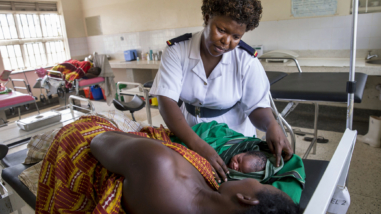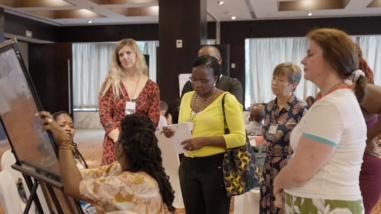Innovations for Poverty Action
For Evaluating A Remedial Education Program In Ghana
-
Amount$250,000
-
Program
-
Date Awarded11/15/2010
-
Term24 Months
-
Type of SupportProject
About the Grantee
Grantee Website
www.poverty-action.org


